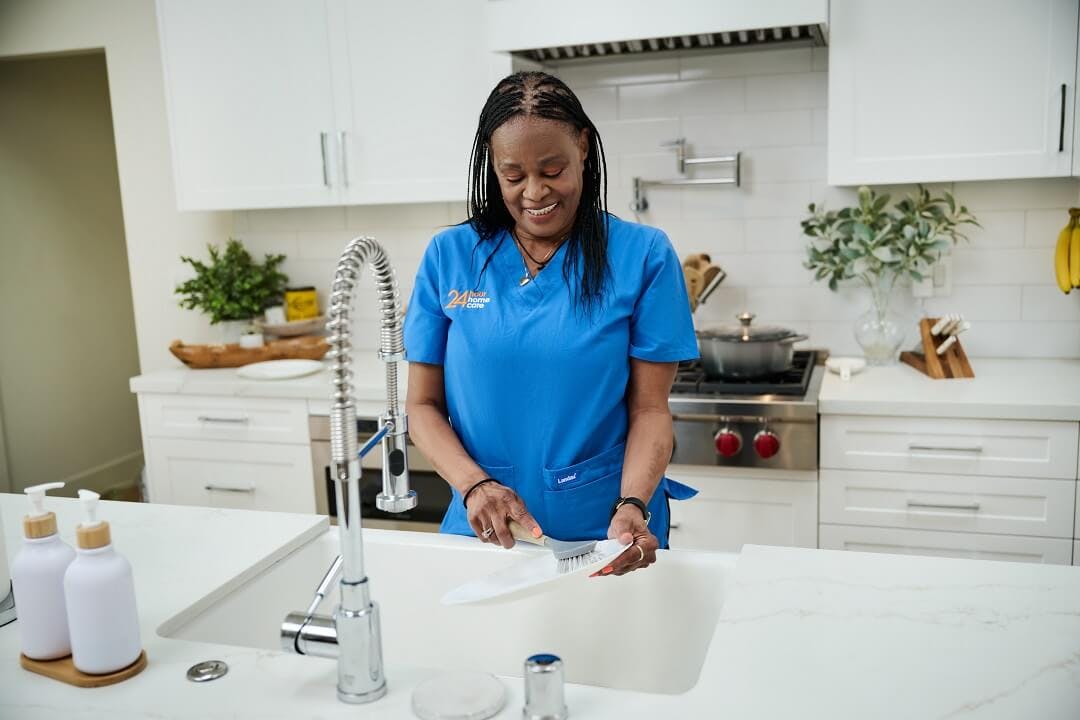Resource Center
Since 2008, we have made a difference in the lives of our clients, caregivers, and communities by placing care at the center of everything we do. Our curated collection of resources provides you with insightful information you may need for yourself or your loved one.
Featured Articles

Meet 24 Hour Home Care's Caregiver Gloria
24 Hour Home Care's caregiver Gloria finds joy in caring for others.
01.04.2024
Read ArticleLatest article
- View
- View
